When Desvan L. Moody enrolled in the Master of Arts in School Counseling program at Loyola University Maryland, he was looking for a program aligned with his values and the impact he wanted to have on young people.
News & Highlights
In the Montessori Education graduate program at Loyola, Liz Haff found an opportunity to deepen her practices and reflect on her work as an educator.
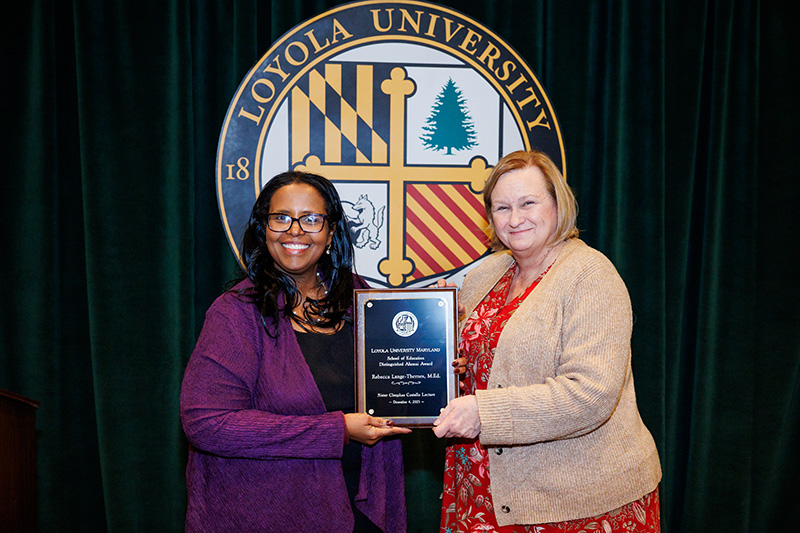
Loyola University Maryland honored Rebecca Lange-Thernes, M.Ed. ’91, with the University’s School of Education Distinguished Alumni Award on Dec. 4, 2025.
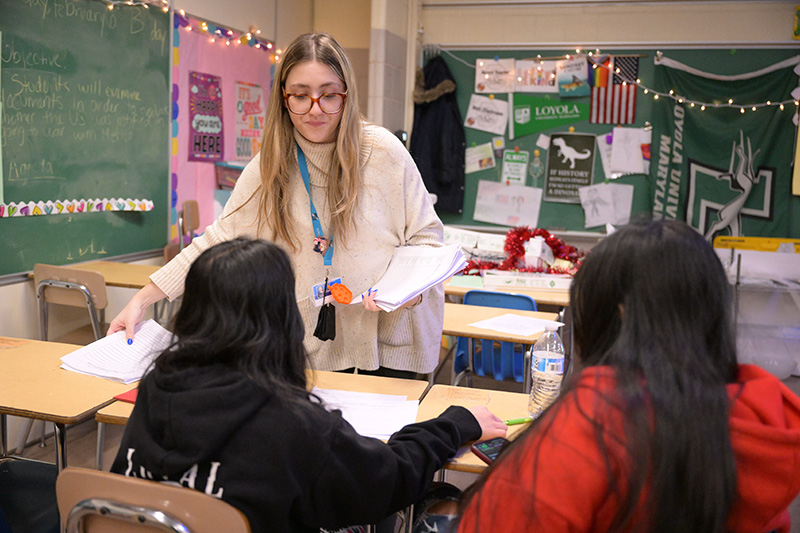
Loyola University Maryland’s School of Education is introducing two new minors to continue to meet the needs of aspiring educators: English for Speakers of Other Languages (ESOL) and Early Childhood Education.
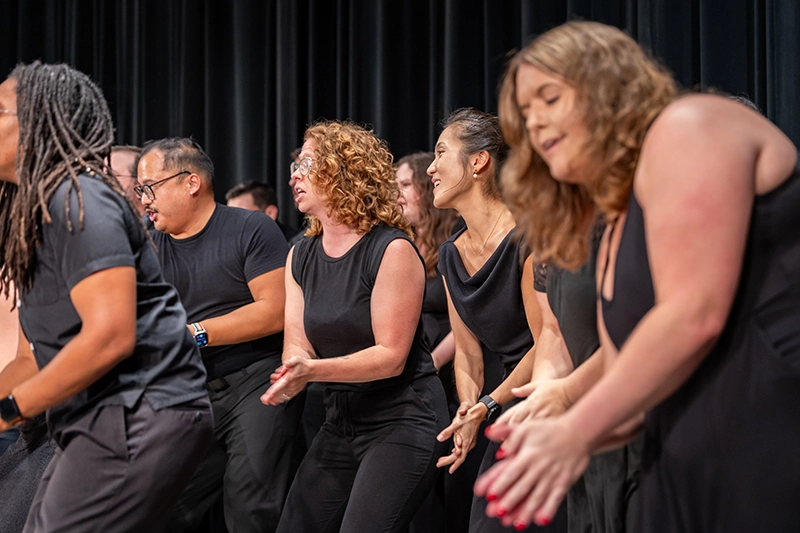
July 2025 marks a significant milestone for the American Kodály Institute (AKI) at Loyola University Maryland: 25 years of training music educators through the Kodály approach.
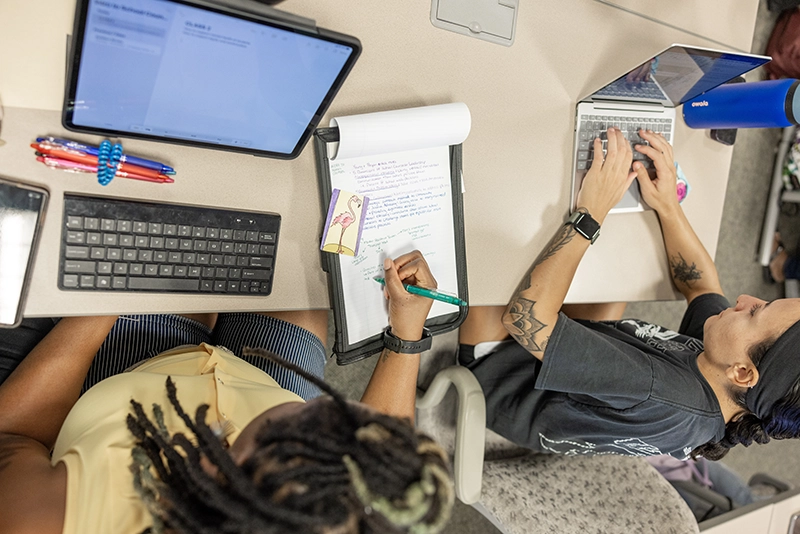
Graduate students in Loyola University Maryland’s Learning Design & Technology program are examining how the technology we rely on in classrooms, workplaces, and everyday life is reshaping the ways to teach, learn, and connect.
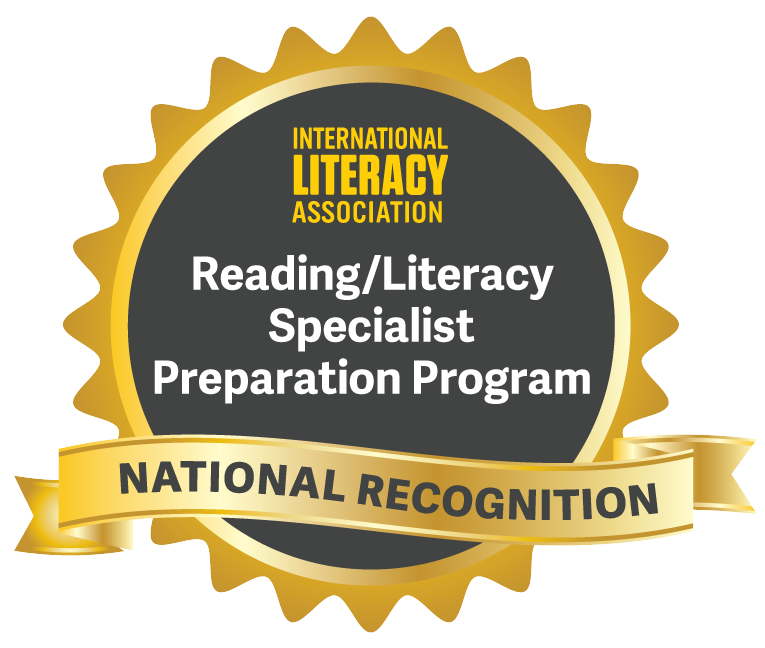
Loyola University Maryland’s M.Ed. in Literacy for Reading/Literacy Specialists has been recognized by the International Literacy Association (ILA) for its outstanding preparation of literacy professionals and continuous efforts to transform lives...
Julia Goffredi earned her Master of Education in Educational Technology from Loyola University Maryland School of Education. Today, she is the Emerging Learning Technology Lead at the University of Baltimore’s Center for Excellence in Learning,...
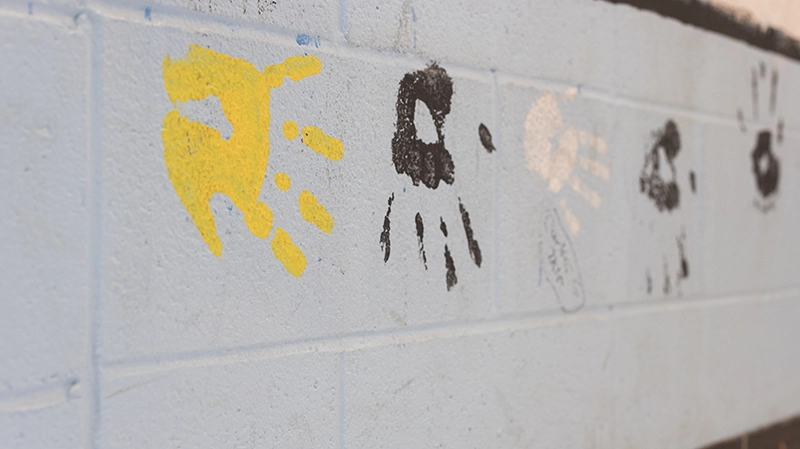
Loyola's unique graduate pathway prepares paraeducators, like Anna Wroten, to become licensed teachers while continuing to work in Baltimore County schools.
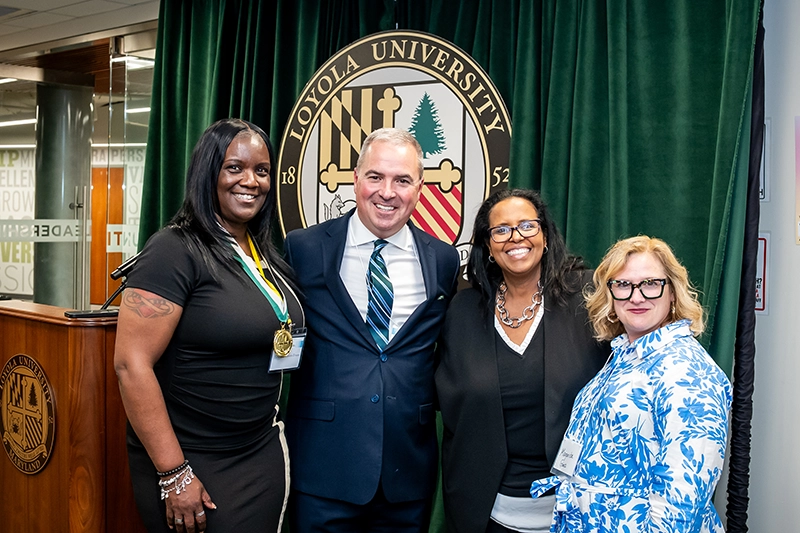
Loyola University Maryland School of Education proudly announces TaWanda L. Eason-Evans as the recipient of the Reverend John E. Wise, S.J., Medal for Distinguished Achievement in Education.
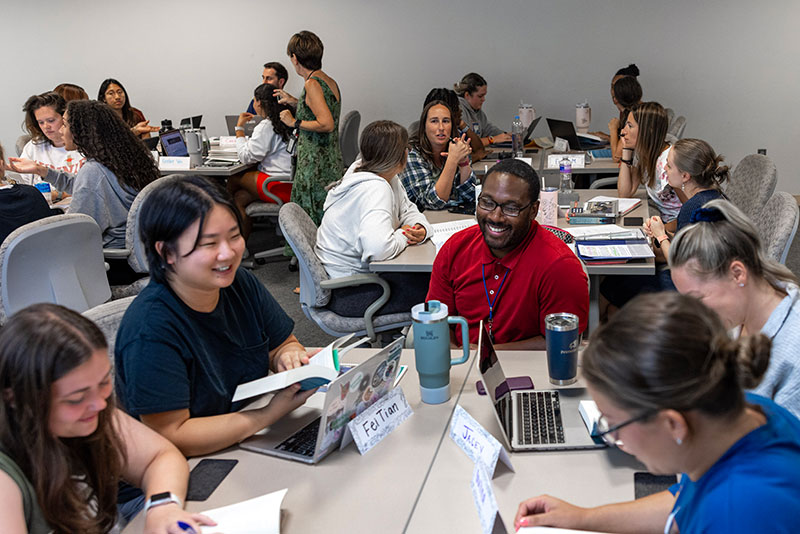
Loyola University Maryland’s School of Education has partnered with Anne Arundel and Charles County public schools to offer programming for their teachers, staff, and administrators. The partnerships will help address critical shortages in several...
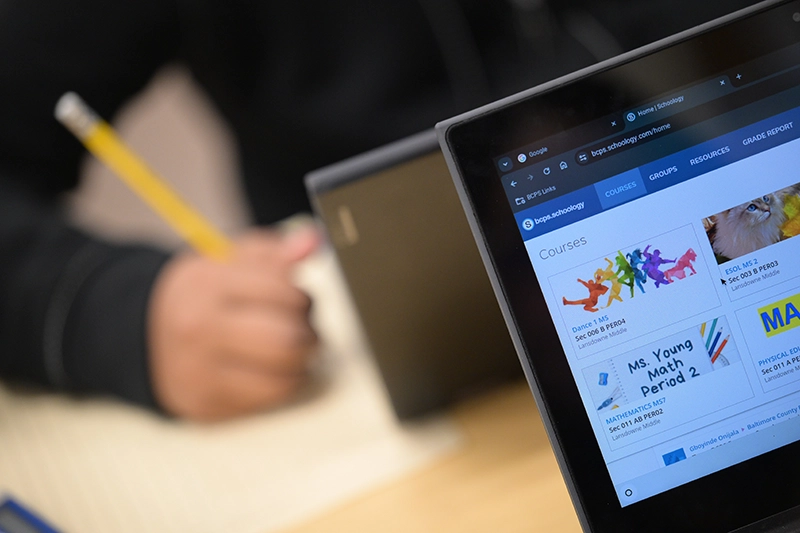
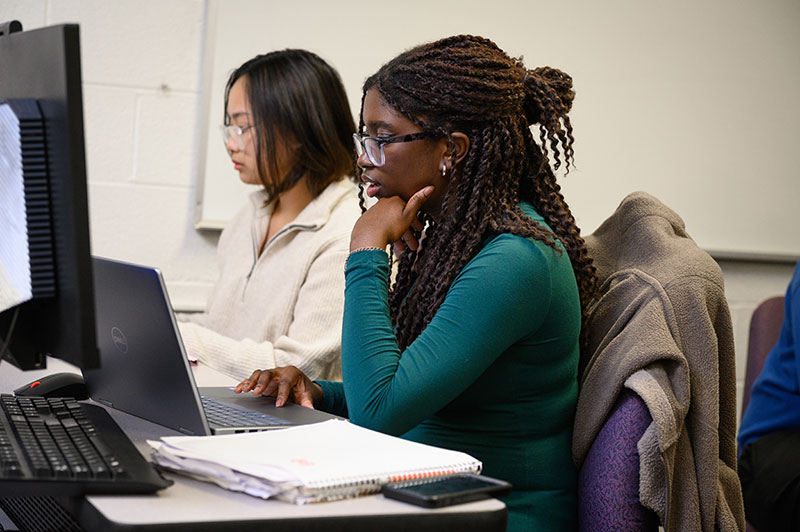
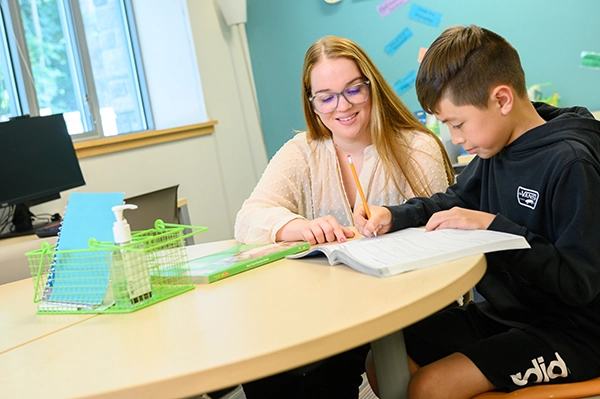
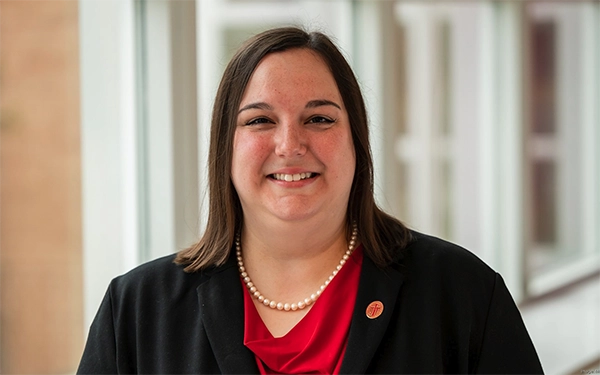
Discover how Loyola School of Education alumna Dr. Kathryn Adelsberger, M.Ed., ’18, Ed.D., principal of Mercy High School, leads with purpose, equity, and innovation. Honored as a "Top 40 Under 40" by the Baltimore Business Journal, she champions...